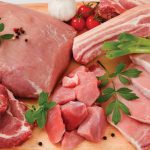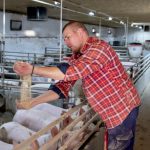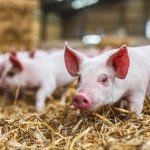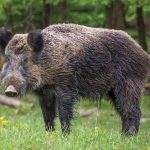Manitoba hog producers would do well to pay very careful attention to California’s Prop 12 and the recent U.S. Supreme Court decision upholding it. Consumers around the world are letting their views on animal welfare be known, both through the power of their buying habits and through their support of issues like Prop 12. Contrary



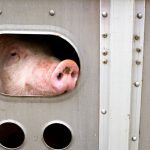
![“If we get to the point that we have to use regulations to enforce [it], it’s not working.” – Cam Dahl, Manitoba Pork Council.](https://static.manitobacooperator.ca/wp-content/uploads/2023/06/22103423/hogs_cropped_cmyk-150x150.jpeg)
